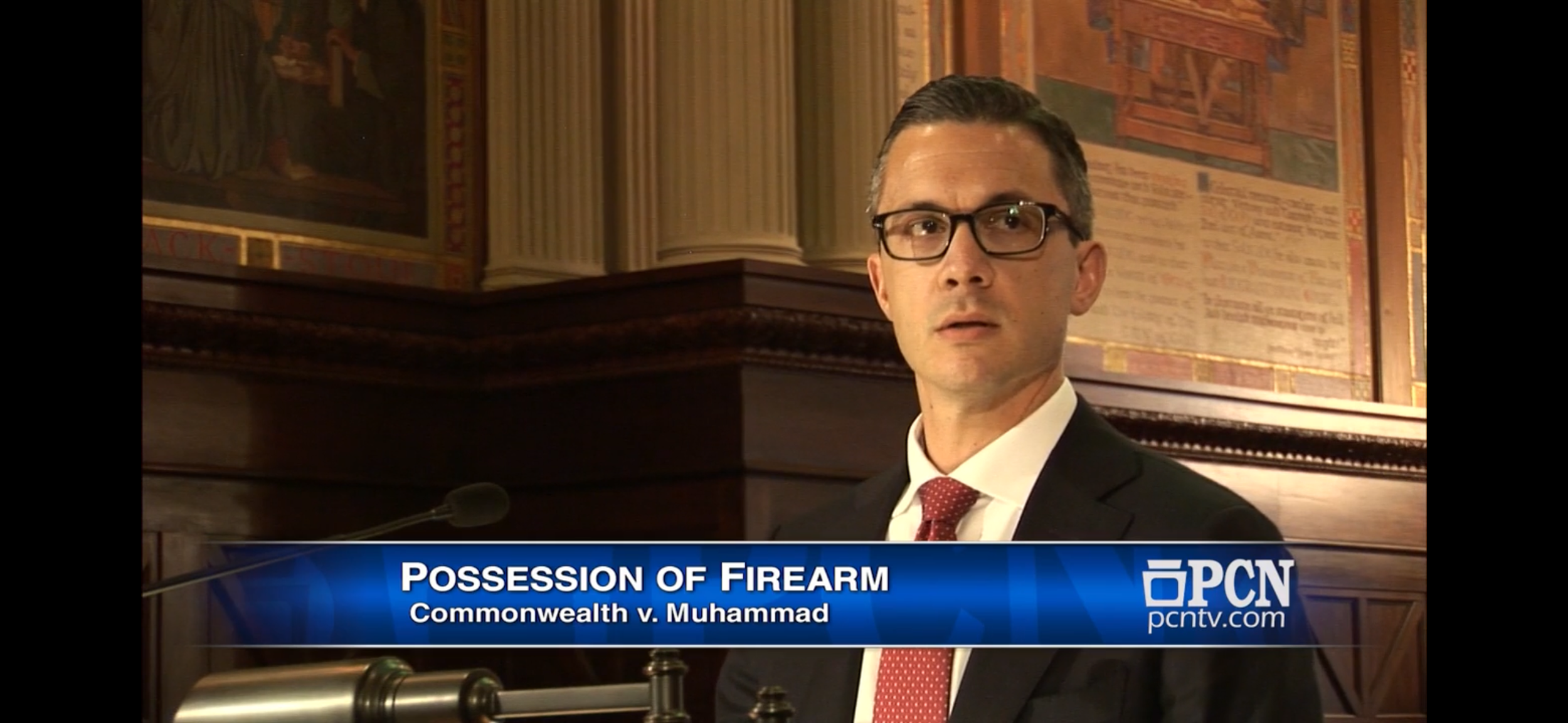Pennsylvania Superior Court Affirms Suppression of Cell Phone Evidence in Drug Case Because Police Looked at Phone Screen Without Warrant
Philadelphia Criminal Defense Lawyer Zak T. Goldstein, Esquire
The Pennsylvania Superior Court has decided the case of Commonwealth v. Carter, holding that the trial court properly suppressed a cell phone where the police looked at the cell phone’s screen during the execution of a search warrant for drugs without getting a warrant to look at the cell phone itself.
The Facts of the Case
The defendant was under investigation by the Lycoming County Narcotics Enforcement Unit (“LCNEU”) for alleged crack cocaine sales. The officers allegedly conducted several controlled buys in June, July, and November 2023. The controlled buys involved using confidential informants to purchase drugs near the defendant’s residence in Williamsport, PA. Based on the information obtained from these controlled buys, the officers obtained search warrants for his home.
During the execution of one of the search warrants, the officers claimed that they saw the defendant’s cell phone screen light up. It apparently displayed a partial text message from a woman allegedly involved in some of the drug deals. An officer photographed the message and later used it to obtain another warrant to seize and search the phone itself. The initial warrant did not authorize searching or seizing the phone. The defendant was then charged with drug delivery offenses such as possession with the intent to deliver.
The Motion to Suppress
The defense attorney filed a motion to suppress the cell phone evidence, arguing that police conducted an unlawful search by looking at and photographing the phone’s screen without first obtaining a search warrant. The trial court agreed, finding that even a “small” intrusion into a cell phone, such as reading a text message notification, counts as a search under both Pennsylvania and U.S. Supreme Court law.
The court also doubted the police explanation, suggesting that the officers were not totally credible. The court was skeptical that the phone screen “lit up on its own” to reveal a six-hour-old message, concluding it was more likely that officers manipulated the phone given the age of the message. Because the phone evidence was unlawfully obtained in that police likely manipulated the phone before obtaining a warrant, the court ruled that the evidence from the phone was “fruit of the poisonous tree” and had to be suppressed. The Commonwealth appealed.
The Superior Court’s Ruling
On appeal, the Commonwealth argued that simply observing the phone screen fell within the “plain view” exception to the warrant requirement. The police had the right to be in the house based on the first warrant, so there was no reason they could not look at the phone given that the phone was in plain view. The Superior Court rejected this argument. Relying on Riley v. California and Commonwealth v. Fulton, the court reaffirmed that cell phones are constitutionally protected spaces. Even minimal intrusions, like reading a text message, require a warrant.
The Superior Court also concluded that the trial court acted within its authority to question the credibility of the assertions contained in the affidavit and concluded that the “plain view” doctrine did not apply. As a result, the Court affirmed the suppression of the defendant’s phone and all evidence derived from it.
The Takeaway
This decision highlights how strongly Pennsylvania courts protect privacy interests in cell phones. Police cannot sidestep the warrant requirement by claiming that a text message or notification appeared in plain view. If officers want to read or use information from a phone, they must get a warrant.
For defendants, this ruling is a reminder that evidence obtained through unconstitutional searches may be excluded, which may significantly weaken the prosecution’s case. For anyone facing drug charges in Pennsylvania, especially cases involving phones, texts, or social media, it is critical to have a defense lawyer who understands the latest case law and knows how to fight unlawful searches.
Facing criminal charges or appealing a criminal case in Pennsylvania?
Goldstein Mehta LLC Defense Attorneys
If you are facing criminal charges or under investigation by the police, we can help. We have successfully defended thousands of clients against criminal charges in courts throughout Pennsylvania and New Jersey. We have successfully obtained full acquittals and dismissals in cases involving charges such as Conspiracy, Aggravated Assault, Rape, Violations of the Uniform Firearms Act, and First-Degree Murder. We have also won criminal appeals and PCRAs in state and federal court, including the successful direct appeal of a first-degree murder conviction and the exoneration of a client who spent 33 years in prison for a murder he did not commit. Our award-winning Philadelphia criminal defense lawyers offer a free criminal defense strategy session to any potential client. Call 267-225-2545 to speak with an experienced and understanding defense attorney today.


